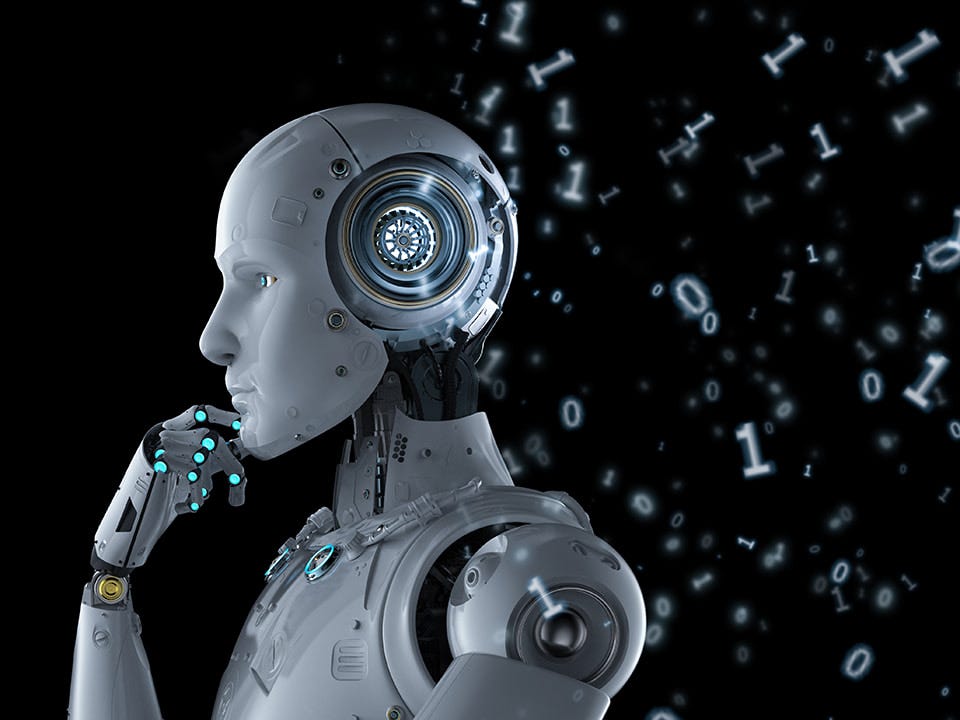Blitz News Digest
Stay updated with the latest trends and insights.
Robots on the Rise: Why Your Next Best Friend Might Be a Machine
Discover how robots are transforming companionship and why your next best friend could be the machine of your dreams! Get ready for the future!
The Future of Companionship: How Robots are Changing Relationships
The landscape of companionship is evolving rapidly as robots begin to play an increasingly significant role in our relationships. These technological marvels are designed to provide emotional support, companionship, and even entertainment. As artificial intelligence improves, robots are capable of understanding human emotions and responding in ways that can mimic genuine interactions. For example, elderly individuals who might be isolated from family can benefit from robotic companions, which not only offer conversation but also help monitor health and safety. This shift raises intriguing questions about what it means to have a relationship, as humans begin to form bonds with entities that lack traditional emotions and consciousness.
Moreover, the integration of robotic companionship into daily life could lead to a redefinition of social norms and emotional connections. People are now beginning to explore the potential of robots in therapeutic settings, where they can serve as tools for socialization and mental health support. These innovations are particularly valuable in addressing issues such as loneliness and anxiety, which have become prevalent in modern society. However, societal acceptance of such relationships will depend on how we navigate the balance between technology and human interaction, raising ethical considerations and future implications for both personal and societal relationship dynamics.

From Assistant to Friend: Understanding the Emotional Connection with AI
The evolution of artificial intelligence has transformed AI from a mere assistant into a significant friend for many users. As technology advances, AI systems have begun to develop a deeper understanding of human emotions and preferences, which allows them to foster a more personalized interaction. This transition is evident in AI-driven applications that learn from user behavior and adapt to their needs, creating a bond that feels more like companionship than simple assistance. As people increasingly rely on these digital partners, the significance of emotional connection becomes paramount, driving developers to enhance the empathetic capabilities of their AI.
Building an emotional connection with AI can lead to numerous benefits for users. For instance, research shows that when users feel emotionally connected to an AI, they tend to trust it more, which can improve overall user experience. This deepening relationship also enables AI to provide support during challenging times, acting not just as a tool but as a friend, offering encouragement and companionship. As we navigate this new era of technology, understanding this shift from an assistant role to that of a friend is crucial for maximizing the potential of AI in our lives and ensuring a supportive, enriching experience.
Are Robots Ready to Be Our Best Friends? Exploring the Pros and Cons
The concept of robots as our companions is becoming increasingly relevant in today's tech-driven society. Are robots ready to be our best friends? The benefits of robotic companionship can be extensive, ranging from emotional support to assistance in daily tasks. For instance, robots equipped with artificial intelligence can learn and adapt to their owner's preferences, providing a personalized experience. They can also help combat loneliness, particularly among the elderly, by offering companionship and engaging in conversations. Moreover, they can assist with chores, making life easier and allowing individuals to focus on more enjoyable activities.
However, there are significant concerns that accompany the rise of robotic friends. Issues such as emotional dependency and the potential loss of human interaction could adversely affect social skills. Furthermore, questions surrounding privacy and data security arise, as many robots collect personal information to improve their functionalities. Additionally, the ethical dilemmas of forming emotional bonds with machines highlight the need for a careful evaluation of our expectations and boundaries with technology. As we delve deeper into this frontier, it is crucial to weigh these pros and cons to determine if robots can indeed serve as our best companions.